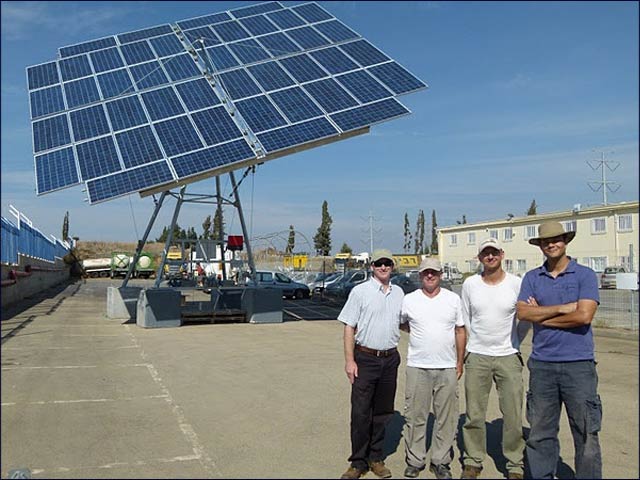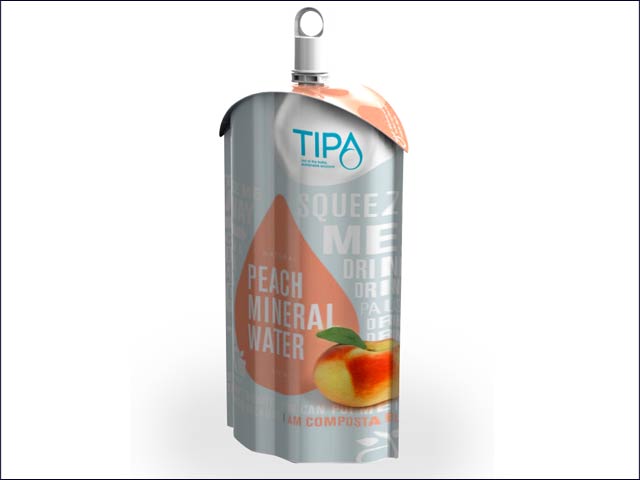By Rivka Borochov
Israel’s recent first-ever National Green Growth Conference aimed to connect Israeli ministries, government leaders and industries in creating a sustainable and green business environment throughout Israel that will stand the test of time.
“You take care of the environmental problem and you create economic opportunity,” said Israel’s Prime Minister Binyamin Netanyahu when he opened the conference. He praised Minister of Environmental Protection Gilad Erdan’s progressive approach to educating the public and government officials about green issues, and then putting them into action.
“If in the past, conventional wisdom was that environmental protection inhibits economic growth, today it is clear to everyone that the relationship between the economy and the environment is a positive one and the internalization of environmental considerations in economic activity generates more logical economic growth,” Erdan responded.
The conference unveiled a new environment report on large industrial companies on the Tel Aviv 100 Stock Index. The report is intended to help investors assess risks when investing in companies that might be prone to generating environmental hazards.
Some of the newest and most promising clean-tech startups were showcased at the one-day event in February 2012. The conference organizers -- Israel’s Environmental Protection Ministry and the Calcalist business newspaper -- created a small contest, CleanTech 2012, to highlight 12 innovators from Israel. All 12 have global relevance for alternative energy and reducing wastefulness. Here are short profiles of five of the finalists.
1. Is it alchemy? The Israeli startup Alchemy Research, founded in 2008 and in stealth mode until now, has developed a new kind of aluminum powder to power electric car batteries.
The powder stores chemical energy and, when mixed with water, produces hydrogen, heat and recyclable aluminum oxide. Alchemy’s hybrid vehicle platform considers all these elements as energy and converts them into electric power. The company claims it has overcome the dangers of hydrogen storage, because the combustible material isn’t stored but is consumed as soon as it’s produced in a chemical reaction. With the cost of gas in the United States climbing over $3 a gallon, these kegs of aluminum powder cost significantly less.
2. As oil prices rise, more and more Israeli companies are following the example of Isaac Berzin, who showed how algae can provide biofuel. Linked to Ben-Gurion University and the Weizmann Institute,
Univerve Biofuel is working to enhance algae strains and grow systems to improve efficiency of algae cultivation as a feedstock for biofuel.
Another Israeli company,
Seambiotic, helps power plants funnel smokestack gas to algae ponds, where the CO2 is transformed into biofuel or nutraceuticals.
3.
Eternegy, founded in 2010, innovated a solar tracker that helps existing or new solar photovoltaic plants pull in more energy from the sun. Inspired by kite surfing, this newbie company is using wires, similar to the way kite-surf sails are attached to a surfer, to be wind resistant and flexible in the wind. The tracker system weighs significantly less than cement-based systems and Eternegy says it can improve solar plant efficiencies up to 40 percent. It’s already signed on with companies in the US, including a pilot program with a company in Tuscon, Arizona.

The folks behind Eternegy, an Israeli clean-tech company
4.
Tipa is a young Israeli company developed by two women to solve the problem of plastics in packaging. The entrepreneurs have developed a new kind of packaging inspired by the orange. It completely biodegrades in half a year instead of 70. Founded in 2010, Tipa is currently in talks with major beverage companies including Coca-Cola and LG to produce packaging that can go out to the compost heap instead of the landfill. They believe their solution will be out to market within the next year.

5. While Israel still has a very young wind-energy market, its engineers are working steadfastly to make this alternative relevant around the world. Founded this year, AIT is a new wind turbine company whose product is designed to withstand the stalling effect in turbines caused by gusts of wind. The solution lies in covering the turbine blade with a thin layer of plasma to dispel voltage charges from wind bursts back into the air. The installation is therefore quieter than traditional turbines, and the company expects its product to be 50% to 200% more efficient, too.
Emefcy, developer of electrogenic bioreactors that treat wastewater and generate electricity;
Kaiima, developer of genomic-based breeding technology to develop high-yielding energy crops for bio-diesel, bio-ethanol and biomass energy; and
TaKaDu, provider of a web-based water infrastructure monitoring platform that enables utilities to conserve water, energy and infrastructure.